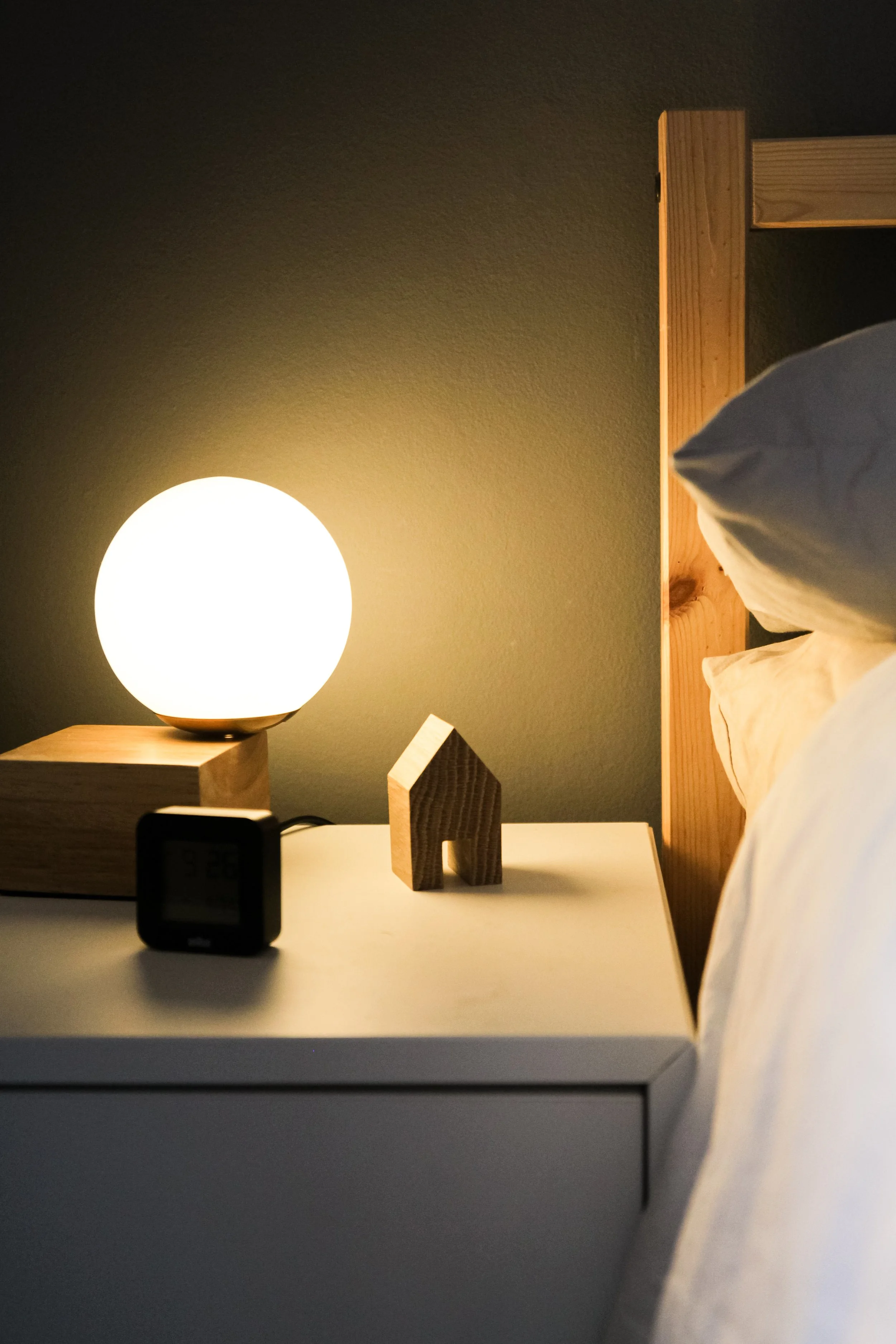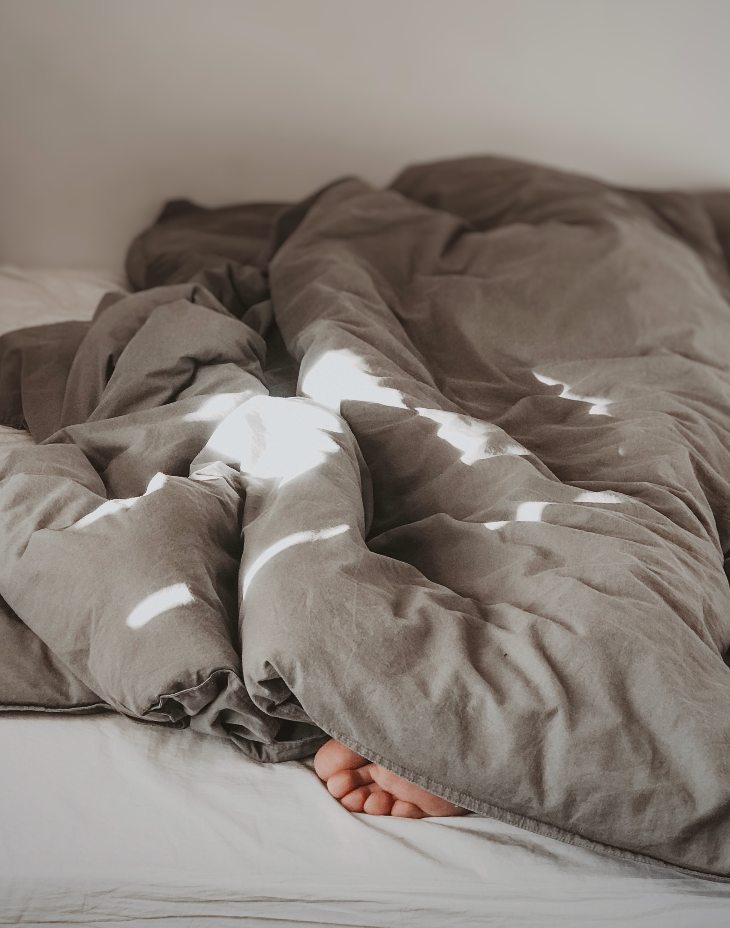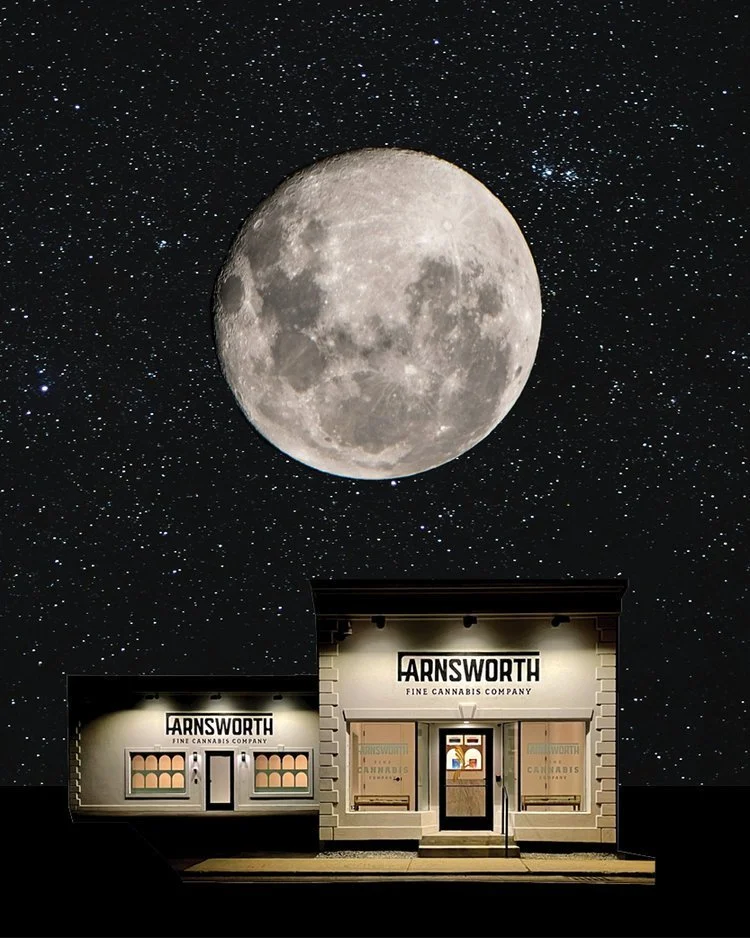What Are The Benefits of Using Cannabis Edibles for Sleep?
Cannabis has long been praised (and criticized) for causing drowsiness. Around 70% of adult recreational cannabis consumers say that they are intending to help themselves sleep. Now, new products are taking the most sleep-inducing qualities of the plant, like CBN, isolating them, and combining them with tried-and-true herbal sleep aids like melatonin or stephania.
With up to 30% of adults suffering from insomnia, a good night's sleep is surely on a lot of people’s minds. We’re excited to be one of the exclusive partners launching Wana Fast Asleep and Stay Asleep. These new products are designed to replace narcotic sleep aids, and provide relief for those who need a little help dozing off or sleeping through the night. If gummies are not for you, we carry a wide variety of sleep-inducing edibles.
Not Sure Where to Start?
Cannabis Can Assist with Sleep Disorders
There are many causes of sleep disorders, from insomnia to chronic pain or PTSD. So, there are as many different people looking for help sleeping as there are products that claim to provide this relief. One of the reasons that cannabis has become so popular as a sleep aid is that it does not have the same harmful side effects as other prescribed pharmaceuticals. Cannabis also has been demonstrated to provide relief from anxiety and pain, two major underlying causes of sleep disorders.
Types of Cannabis Edibles for Sleep
Cannabis edibles for sleep generally contain THC, CBD, and CBN, all cannabis compounds that encourage relaxation and pain reduction. THC is the psychoactive component that not everyone is comfortable with, and CBD is its non-psychoactive (intoxicating) cousin that also contains a lot of the same benefits as THC.
CBN is one of the newer isolated cannabis compounds that is being praised for its sleep aid qualities. CBN is created when THC molecules age and breakdown. The chemical byproduct of this process is CBN. This is why old cannabis flower tends to have drowsier effects than it would have if it had been consumed closer to harvest. Its psychoactive components are much weaker than THC, so it will not provide as much of a high, but it will probably make you drowsy.
Most cannabis edibles, whether a gummy, chocolate, beverage, or tincture, use a combination of THC, CBD, and CBN, but there are non-psychoactive versions available for those who do not want the intoxicating effects.
Best Practices for Using Edibles for Sleep
If you are consuming edibles for sleep, be sure that you are already at home and comfortably settled in for the night. The recommended use is to take the edible around an hour before you want to fall asleep, so that the effects have time to fully kick in before you doze off. One of the only negative side effects of using cannabis for sleep is potential drowsiness in the morning or trouble waking up, and this is exacerbated if you fall asleep before your body has time to fully process the cannabis. If you want to be on the safer side, 2 hours before bed will surely eliminate much of the undesirable drowsiness.
It’s also important to note that since most cannabis edibles are integrated through the stomach, the onset time can vary greatly based on what you’ve eaten that day. For a faster onset and stronger effects it is best to take the edible before dinner. Additionally, some people have sensitivity to melatonin, a common ingredient in cannabis edibles for sleep, so if you are struggling with drowsiness in the morning, try a product that does not contain melatonin.
Farnsworth Recommends: The Best Edibles for Sleep
Using cannabis for sleep is one of the most verified health benefits of the cannabis plant, both scientifically and anecdotally. As cannabis research progresses and new products are developed and released, you can have more control over your sleep. The minimal side effects and neurotoxicity are two reasons that more and more people are turning to cannabis for a good night’s sleep.






